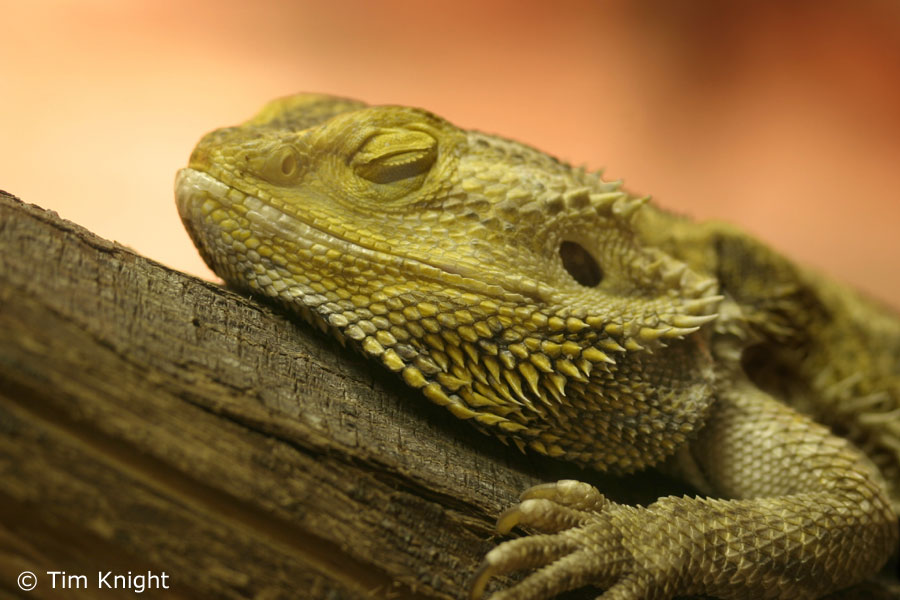The Ultimate Guide to Bearded Dragon Ribs - How to Care for Your Pet
Bearded Dragon Ribs - What You Need to Know
Bearded dragons are among the most beloved reptiles kept as pets. They’re known for their docile behaviors, easy temperament, and overall ability to interact with their keepers. Native to Australia, they are part of the Agamidae family and are available in different colors, ranging from brown, tan, and black to vibrant yellow, orange, and even red. Although bearded dragons are generally easy to care for, they require proper feeding, which includes giving them enough calcium and vitamin D3 to maintain healthy bones.
Why Bearded Dragon Ribs are Important
Bearded dragon ribs are an essential part of their body structure, and they play a crucial role in the dragon’s overall health. Specifically, the ribs provide stability and rigidity to the body, which supports other internal organs, such as the lungs and heart. Understanding and monitoring the health of their ribs is an essential aspect of caring for bearded dragons.
Proper Care of Bearded Dragon Ribs
As a first-time bearded dragon owner, it’s important to be aware of potential warning signs that something is off with your reptile’s ribs. One such sign is a visible lump or swelling around the rib cage or an abnormal shape to their body. Any changes in behavior, such as less movement, loss of appetite or lethargy, should also be monitored, and a veterinarian should be consulted immediately.

Regular Check-Ups with a Veterinarian
Regular check-ups with a veterinarian are essential in ensuring your bearded dragon’s health, and the health of their ribs is being maintained. Vets can teach you how to check for abnormalities and help ensure that their diet contains the necessary nutrients to support healthy bones. Additionally, regular cleaning of their enclosure and making sure your pet is living in the proper temperature is crucial to the overall health and well-being of your bearded dragon.
Dietary Recommendations for Bearded Dragon Ribs
Bearded dragons are omnivores and require a balanced diet, including a mix of both animal-based and plant-based foods. Experts recommend offering them leafy greens, such as spinach, collard greens, and mustard greens, along with high-quality protein sources, such as crickets, mealworms, and superworms. Additionally, it’s important to include calcium-supplemented foods, like kale or canned pink salmon, and a vitamin D3 supplement to help your bearded dragon maintain a healthy set of ribs.
Final Thoughts
Caring for bearded dragon ribs is an essential component of overall pet care. By ensuring proper nutrition, temperature management, and regular check-ups with a veterinarian, you can help keep your pet healthy and happy. Remember, bearded dragons are gentle creatures and can easily become a cherished companion in the right hands. By following these guidelines, you can guarantee that your pet will remain healthy and thrive for years to come.
